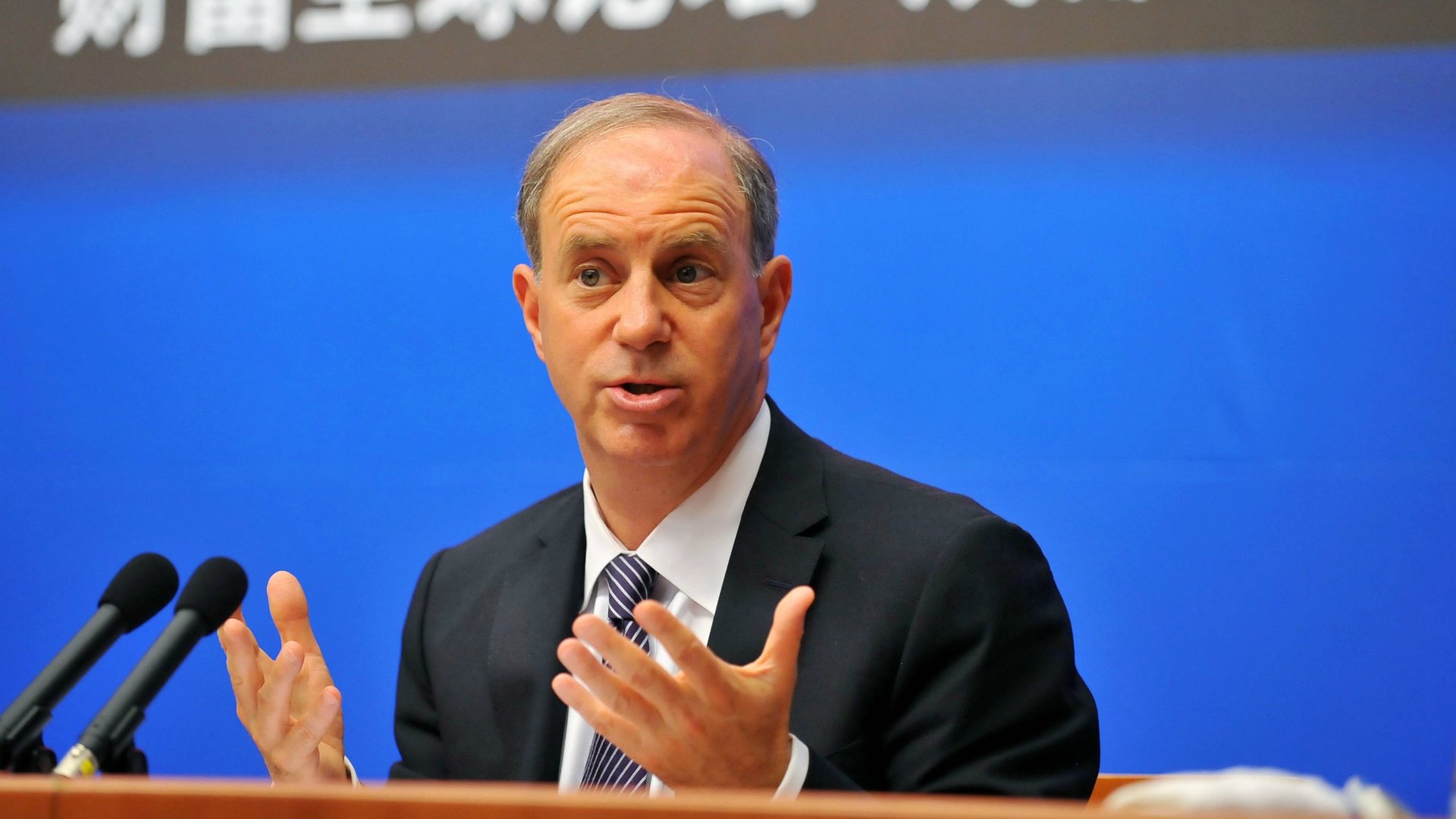China selectively opens the Great Firewall for special events
The western Chinese city of Chengdu hosts the Fortune Global forum of business leaders today. To the great delight of reporters covering the event, the Great Firewall has been temporarily ruptured: Facebook and Twitter are accessible.


The western Chinese city of Chengdu hosts the Fortune Global forum of business leaders today. To the great delight of reporters covering the event, the Great Firewall has been temporarily ruptured: Facebook and Twitter are accessible.
The organizers even created a hashtag for the event to allow Twitter users to follow updates. Splatter China, a youth-oriented communications agency, tweeted excitedly: “Follow #FortuneGlobal for live tweets (!) and updates from the Fortune Global Forum 2013, featuring VPN-less access to Twitter and Facebook,” referring to the virtual private network technology that some determined netizens in China have used to access blocked websites.
To the disappointment of China’s 560 million internet users, however, the unblocking is limited to a free wifi network at the host hotel, and only for the forum’s approved guests. But it shows how conscious Chinese officials are about the limited role that home grown social networks, such as Sina Weibo, have to connect with an international audience. Chengdu sees the forum—which has attracted around 600 delegates, many from Fortune 500 companies—as an opportunity to promote its fast-growing economy. “Our vision is to integrate the city with the world and let the world know Chengdu,” the city’s party chief Huang Xinchu told China Daily
It isn’t the first time that Chinese authorities have relaxed internet censorship. During the 2008 Beijing Olympics some blocked websites were temporarily made available, such as the BBC’s Chinese language website, but only after extensive and controversial negotiations.
If Chengdu’s strategy is successful, temporary localized access to otherwise blocked websites may become more common. Nanjing authorities are considering a similar tactic for the Asian Youth Games in August this year. But don’t hold your breath—Beijing is showing no signs of toning down censorship for the rest of China.